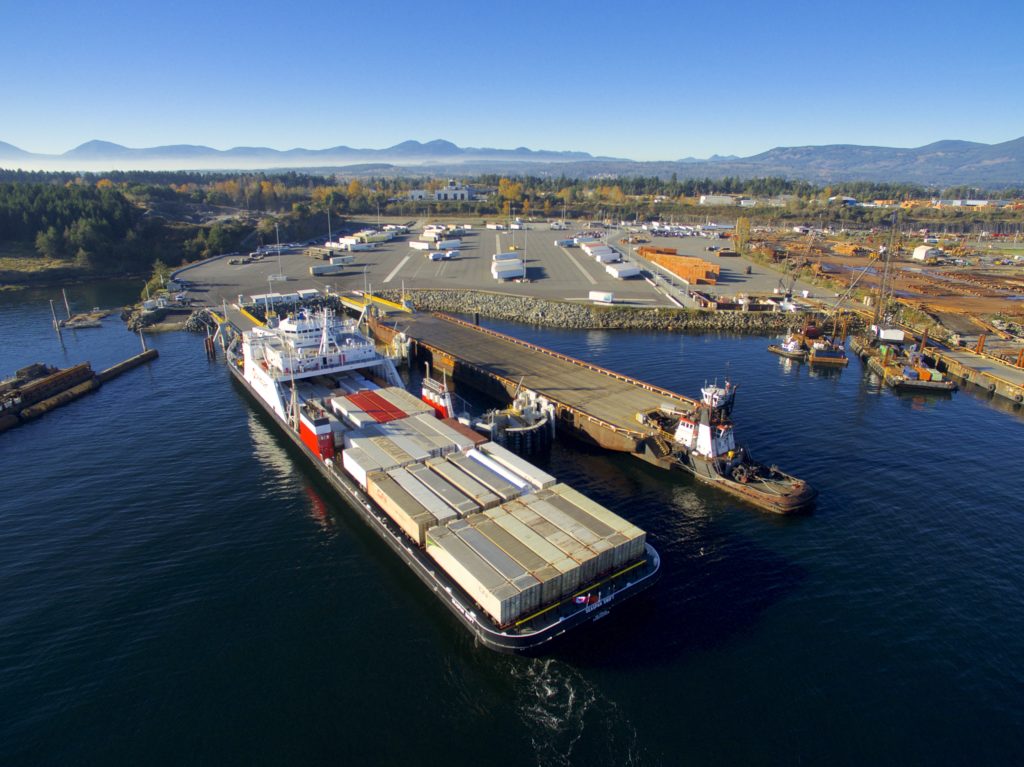Seaspan Ferries to use carbon-neutral RNG to reduce GHG emissions
Canadian transport provider Seaspan Ferries Corporation (SFC) has revealed its plans to use renewable natural gas (RNG) for its roll-on, roll-off (RoRo) liquefied natural gas (LNG- powered marine fleet.

As part of Seaspan’s continued efforts to reduce vessel emissions and explore alternative fuels, the company has worked closely with the local energy company FortisBC Energy Inc. (FortisBC) to secure a source of certified carbon-neutral RNG.
Like conventional natural gas, RNG can be used as a transportation fuel in the form of compressed natural gas or LNG.
When bacteria break down organic waste from sources such as landfill sites, agricultural waste and wastewater from treatment facilities, it produces biogas mostly made of methane. FortisBC captures and purifies this biogas to create RNG preventing the release of methane into the environment.
As RNG mixes seamlessly into the existing natural gas infrastructure, it displaces equivalent volumes of conventional natural gas and lowers greenhouse gas (GHG) emissions overall.
By the end of 2021, FortisBC expects it will have tripled its RNG supply from 2020 and is poised to potentially triple it again by the end of 2022 if expected projects proceed on pace.
“Using Renewable Natural Gas for marine LNG has the potential to be an emissions game changer for the sector and is yet another example of how renewable gas development is transforming our natural gas infrastructure into a delivery system for carbon-neutral energy, supporting B.C’s climate action goals,” said Mike Leclair, vice-president, major projects and LNG at FortisBC.
“Renewable Natural Gas, when used in our fleet in conjunction with traditional natural gas, will allow us to move towards our emissions reduction goals and make a real impact on our carbon footprint,” added Harly Penner, director of fleet engineering and vessel development at Seaspan.
Canadian ferry company, which is the first firm in Canada to use the RNG, expects that data from the pilot will confirm that, by using RNG, greenhouse gas emissions can be reduced by upwards of 85 per cent versus traditional diesel fuel.
In February this year, Seaspan Ferries reached an agreement with Corvus Energy for the delivery of Corvus’ Blue Whale ESS that will be installed onboard one of their cargo ferries. Blue Whale is a large-scale energy storage system (ESS) – a battery system designed for large ships with high zero-emission energy demand, such as cruise ships, large Ro-Pax and Ro-Ro ferries, and cargo ships.



